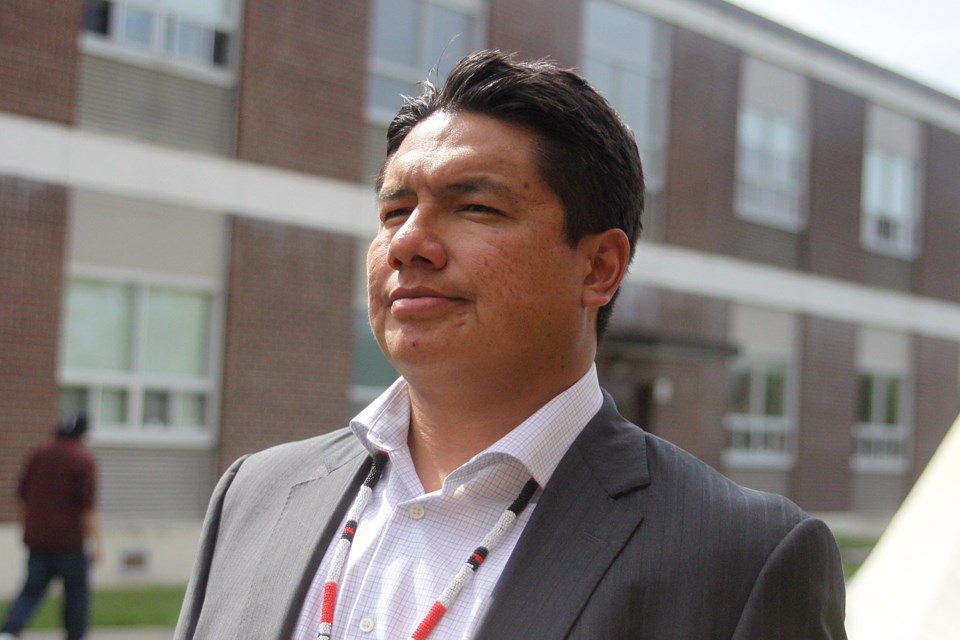THUNDER BAY – Nishnawbe Aski Nation is expressing condolences to the Tk'emlúps te Secwépemc First Nation in British Columbia, after the remains of hundreds of students were discovered at a former residential school near Kamloops.
“We are very saddened to learn that the final resting place of so many innocent children have been discovered at the Kamloops Indian Residential School,” said NAN deputy grand chief Derek Fox. “Our thoughts and prayers are with the families of these youth and the entire Tk'emlúps te Secwépemc community.”
The Tk'emlúps te Secwépemc revealed Thursday that the remains of 215 children had been discovered buried at the former Kamloops Indian Residential School, which operated between 1890 and 1969. The preliminary findings came through the use of ground-penetrating radar.
Only 50 deaths at the school were reported to Canada's Truth and Reconciliation as of 2008, Nishnawbe Aski Nation pointed out in its statement.
The organization, which represents 49 Northern Ontario First Nations, said the discovery demonstrates the ongoing impacts of the residential school system.
“Even after all these years there are new tragedies of the Residential School system coming to light,” said Fox. “We commend the Knowledge Keepers and the families for their perseverance to uncover the truth behind the terrible loss of these young children.
“This discovery shows how the legacy of the Residential School system continues to impact the lives of Residential School survivors and the families of those who never returned home.”
The Truth and Reconciliation Commission found there had been 3,200 confirmed deaths of residential school students, but that the true figure could be significantly higher.
For former students and others impacted, a National Indian Residential School Crisis Line is available 24 hours a day at 1-866-925-4419.
